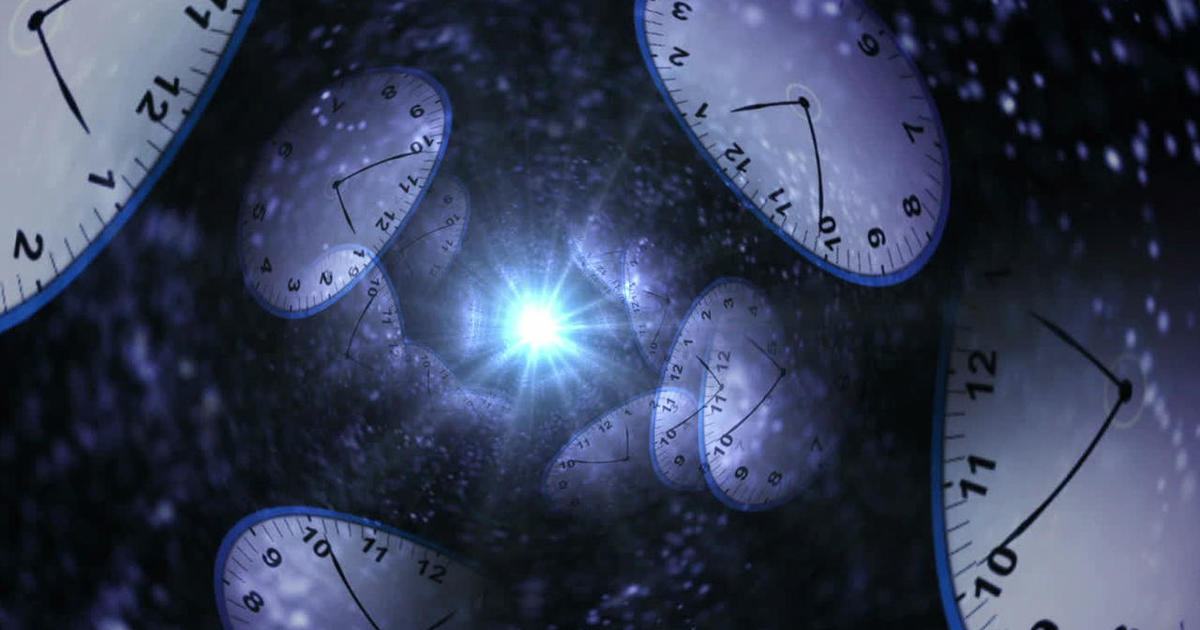Time and travel have long captivated the human imagination, inspiring both scientific inquiry and fantastical storytelling. Stephen Hawking’s “A Brief History of Time” provides a foundational understanding of the universe’s mechanics, laying the groundwork for exploring more speculative theories about time and travel. In this article, we will delve into the intricate relationship between time and travel, examining theories that blend the boundaries of science and philosophy, and pondering what it means for the future of humanity.
The Nature of Time
Time is a fundamental aspect of our existence, an ever-present dimension in which events unfold. In classical mechanics, time is viewed as a constant, a linear progression from the past to the present and into the future. This Newtonian perspective, however, was revolutionized by Albert Einstein’s theory of relativity.
Einstein proposed that time is relative, intertwined with the fabric of space itself. According to his theories of special and general relativity, time can dilate, or stretch, depending on the speed at which an object is moving or the presence of a gravitational field. This concept of spacetime, where space and time are not distinct entities but a four-dimensional continuum, has profound implications for our understanding of the universe and the possibility of travel through time.
Time Travel: Science Fiction or Future Science?
The notion of time travel has fascinated humans for centuries, from H.G. Wells’ “The Time Machine” to countless movies and TV shows. But is it purely the stuff of fiction, or could it one day become a reality?
Wormholes: Bridges Through Spacetime
One of the most intriguing theoretical constructs that could allow for time travel is the wormhole. A wormhole, also known as an Einstein-Rosen bridge, is a hypothetical tunnel-like structure connecting two separate points in spacetime. If traversable, a wormhole could, in theory, provide a shortcut between distant parts of the universe or even different times.
The concept of wormholes arises from solutions to the equations of general relativity. While the mathematics suggests they could exist, there are significant challenges to making them practical for time travel. For one, a traversable wormhole would require exotic matter with negative energy density to keep it open. This exotic matter has not been observed, and its existence remains speculative.
Time Dilation: The Twin Paradox
Another potential method of time travel, grounded in the principles of special relativity, is time dilation. Time dilation occurs when an object approaches the speed of light, causing time to pass more slowly for the object relative to a stationary observer. This phenomenon has been confirmed experimentally with particles in accelerators and precise measurements of atomic clocks.
The twin paradox is a thought experiment that illustrates time dilation. Imagine a pair of twins, one of whom travels on a high-speed journey into space while the other remains on Earth. Upon returning, the traveling twin would be younger than the twin who stayed behind, having experienced less passage of time. This differential aging demonstrates how traveling at relativistic speeds could, in a sense, allow one to travel into the future.
Philosophical Implications of Time Travel
The possibility of time travel raises numerous philosophical questions and paradoxes. One of the most famous is the grandfather paradox: if you travel back in time and prevent your grandfather from meeting your grandmother, you could potentially prevent your own birth, creating a logical contradiction. Various solutions to this paradox have been proposed, including the idea of branching timelines or parallel universes, where altering the past creates a divergent timeline rather than changing the original one.
Another intriguing concept is the Novikov self-consistency principle, which suggests that any actions taken by a time traveler were always part of history, and thus they cannot change the past. This principle implies that the timeline is self-consistent and immune to paradoxes, as any events caused by a time traveler are already integrated into the historical fabric.

The Future of Time Travel Research
While practical time travel remains in the realm of theory and speculation, advancements in our understanding of the universe could bring us closer to realizing this dream. Quantum mechanics, with its strange and counterintuitive properties, may hold the key to unlocking new insights into the nature of time and space. The intersection of quantum theory and general relativity, a still-elusive goal in theoretical physics, could potentially reveal mechanisms for manipulating spacetime.
In addition to scientific advancements, ethical considerations will play a crucial role in the future of time travel. The potential to alter the past or observe future events raises significant moral and societal questions. Ensuring that time travel, if it becomes possible, is used responsibly and ethically will be paramount.
Conclusion
Time and travel are deeply intertwined concepts that continue to inspire and challenge our understanding of the universe. From the relativistic effects of time dilation to the tantalizing possibilities of wormholes, the quest to unravel the mysteries of time and explore the potential for travel through it is a journey that pushes the boundaries of science and philosophy. As we continue to explore these frontiers, we may one day unlock the secrets of time travel, transforming our understanding of reality and our place within it.









